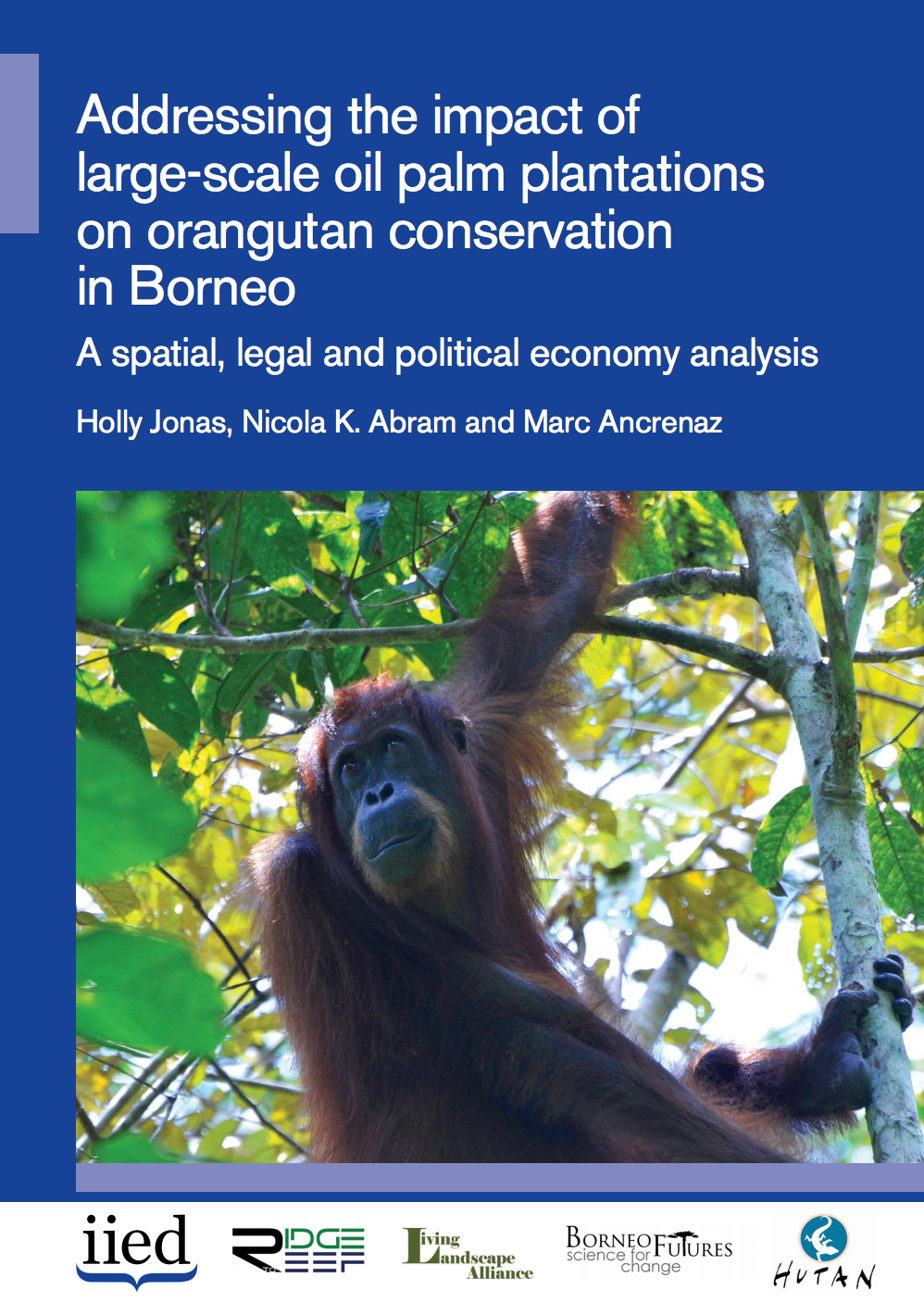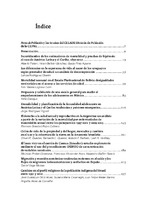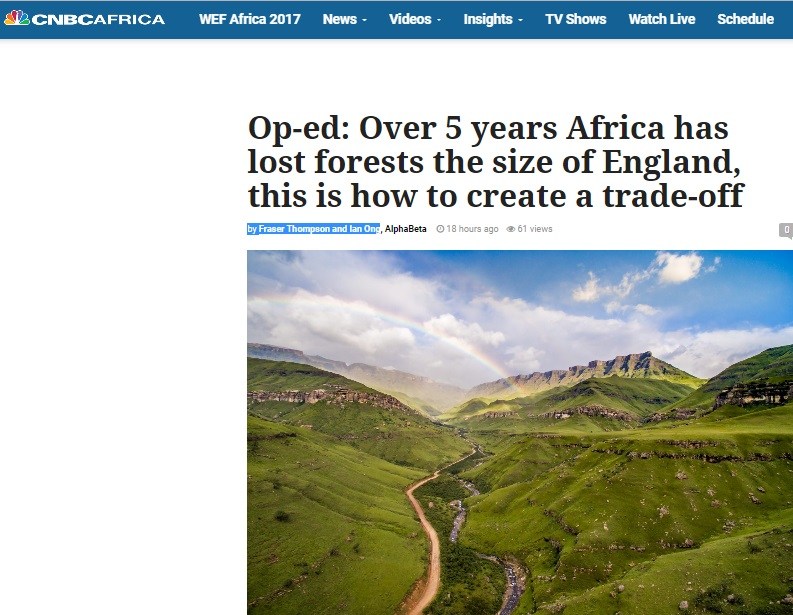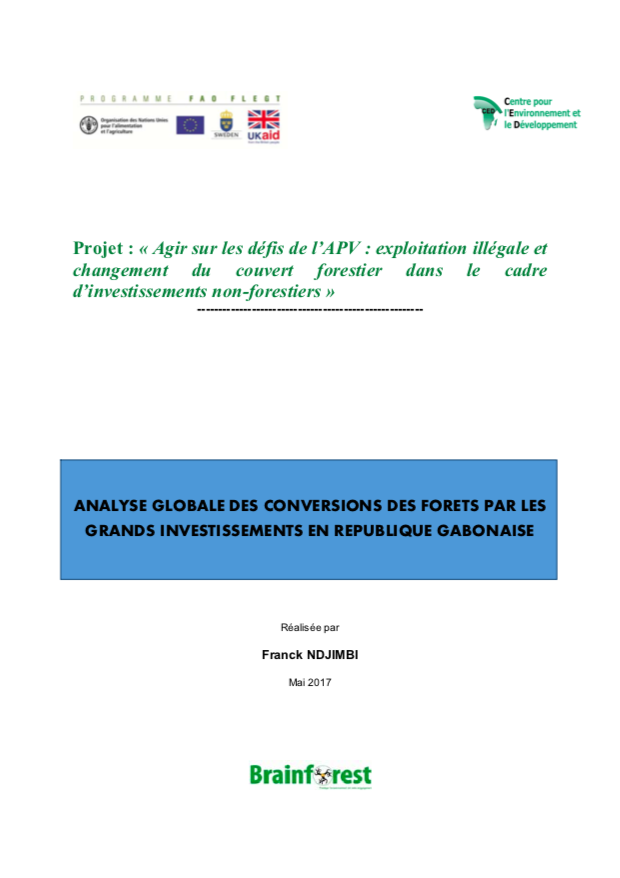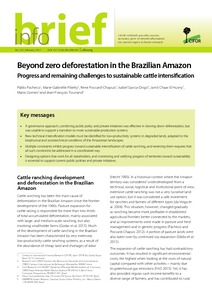Addressing the impact of large-scale oil palm plantations on orangutan conservation in Borneo: A spatial, legal and political economy analysis
Palm oil is one of the most controversial yet ubiquitous agricultural commodities in the world, used in everyday products ranging from cooking oil and chocolate to toothpaste and soap. Over the past few decades, the palm oil industry has contributed significantly to the economic development of Indonesia and Malaysia, which together produce an estimated 85 to 90 per cent of global supply.

